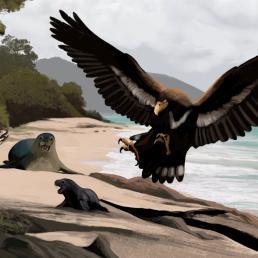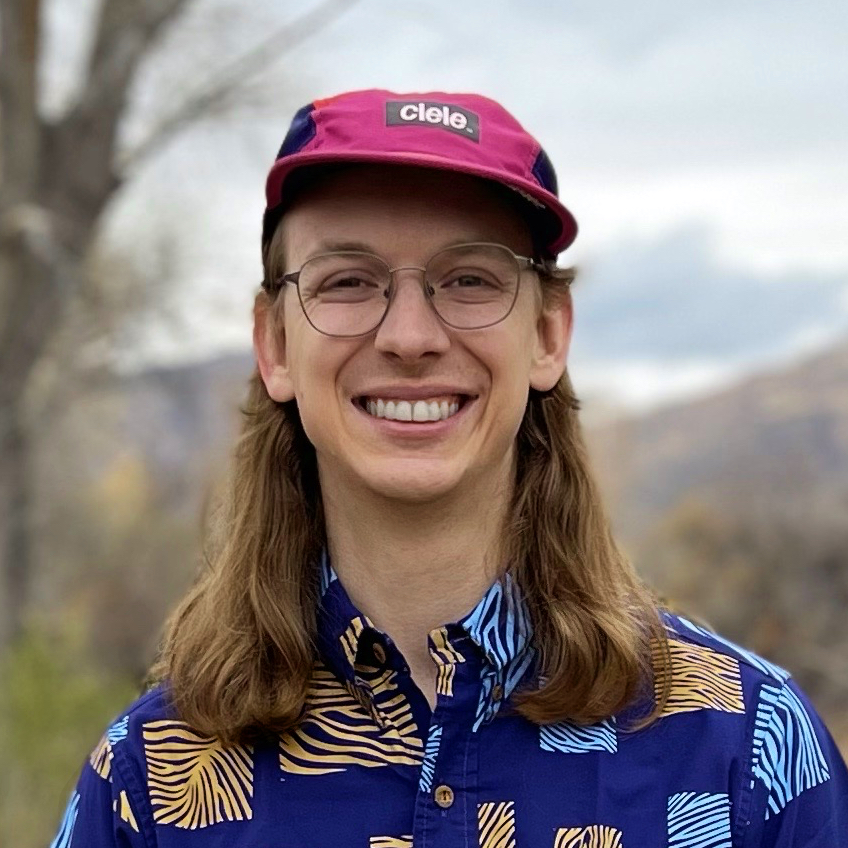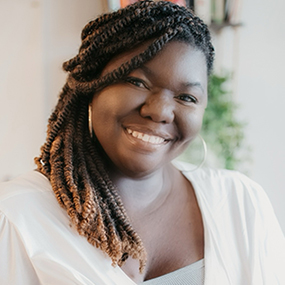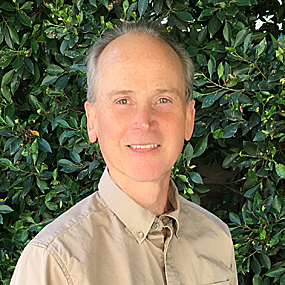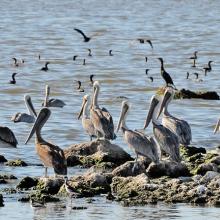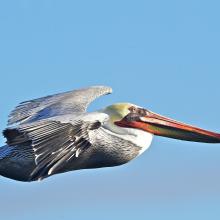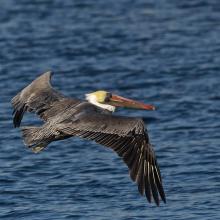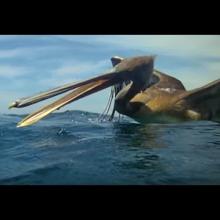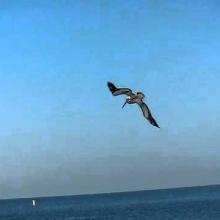

Join BirdNote tomorrow, November 30th!
Illustrator David Sibley and actor H. Jon Benjamin will face off in the bird illustration battle of the century during BirdNote's Year-end Celebration and Auction!
Tim Arnold leads the Tybee Clean Beach Volunteers in keeping Tybee Island, Georgia, free of plastic pollution and other trash. His favorite bird is the Brown Pelican. Its bulky, awkward appearance contrasts with its agility as it dives for fish. But Arnold worries that pelicans are ingesting microplastics as they feed. On Bring Birds Back podcast, host Tenijah Hamilton explores what we can do to protect birds from plastics.
BirdNote®
Protecting the Pelicans
Written by Mark Bramhill
This is BirdNote.
[Brown Pelican calls, https://macaulaylibrary.org/asset/45489]
Tim Arnold lives on Tybee Island, off the Georgia coast near Savannah. He's the founder and organizer of Tybee Clean Beach Volunteers, organizing weekly cleanups to keep the beach clean from trash and plastic pollution — making the beach more enjoyable for people to visit, but more importantly safer for wildlife, including his favorite bird: the Brown Pelican.
Tim Arnold: They're just remarkable beasts. They're awkward and prehistoric and elegant. When you're sitting on the beach and reading a book or just relaxing and looking out at the coastline, all of a sudden, you'll see those missiles just dive from the air.
[Brown Pelican diving, https://macaulaylibrary.org/asset/61826]
Tim Arnold: The way they pull their body together beak and tuck it in until they come back out again and you can see it and all the water flushes out. When I see them dive like that, I do worry that they're coming up with some microplastic and that just sits in her belly and fills them up until they stop eating as much and literally starve to death.
And so seeing the pelicans soar overhead during clean-up events reminds Tim of why this work is so important.
Tim Arnold: They love to hang out in the sandbars in the Southern end of the island, and then go north to roost, we call it the Pelican commute. A couple hours before sunset, you’ll see them take off and they'll form this unbroken line of pelicans flying north to roost. When we're doing a beach cleanup and they go flying over, everybody just stops. You can see everybody stops and looks up. And it's great.
[Brown Pelican calls, https://macaulaylibrary.org/asset/45489]
Learn more about the problems with plastics and what we can do about them on our podcast, Bring Birds Back. Find it in your podcast app or on our website, BirdNote.org. I'm Tenijah Hamilton.
###
Senior Producer: John Kessler
Content Director: Allison Wilson
Producer: Mark Bramhill
Associate Producer: Ellen Blackstone
Digital Producer: Conor Gearin
Bird sounds provided by The Macaulay Library of Natural Sounds at the Cornell Lab of Ornithology, Ithaca, New York. Brown Pelican ML 45489 recorded by T. Parker, and Brown Pelican ML 61826 recorded by W. Gunn.
BirdNote’s theme was composed and played by Nancy Rumbel and John Kessler.
© 2021 BirdNote September 2021 Narrator: Tenijah Hamilton
ID# PodBBB-08-2021-09-15 PodBBB-08
